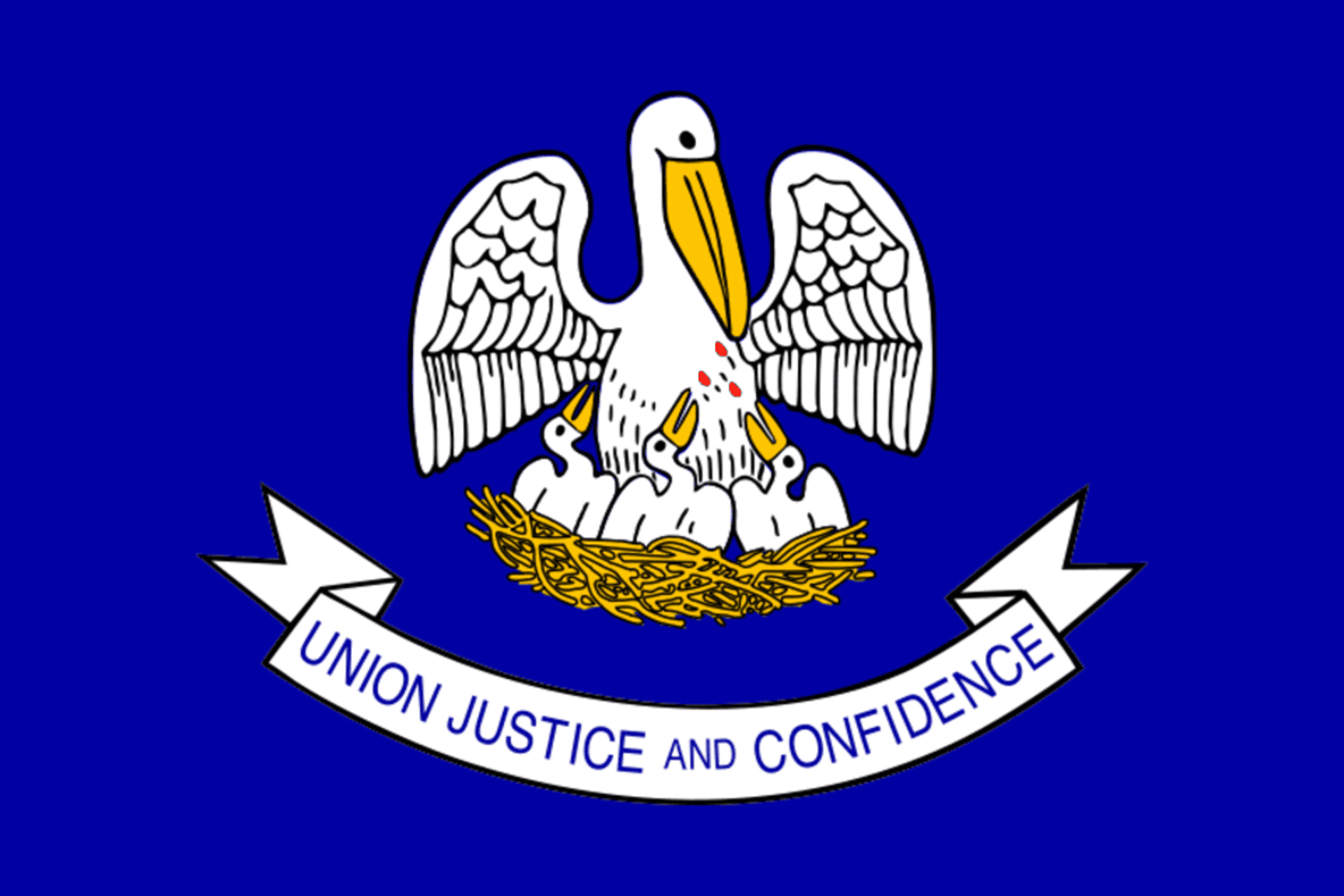Originally Published on forbes.com on November 4th, 2011
______________________________________
As I noted in my piece on some New Hampshire lawyers who find themselves having to pay Maine income taxes, multi-state tax issues are a source of aggravation for ordinary regional businesses or even local businesses in areas like New England, where, unless you start in northern Maine and drive south, it is very hard to go an appreciable distance without crossing a state line. It is not just that state rules are complicated, they are also inconsistent. Typically, a business will not pay state income tax on 100% of its income. The vagaries and inconsistences will make the various allocations add up to 95% or 105% or something like that.
Since most small businesses are flow throughs with individuals paying the tax, the inconsistencies can only make you come out behind. Your home state will tax you on all your income and will limit the credit you get from other states. You cannot exploit the inconsistencies, you can only suffer from them. It is a different story with large corporations though. The inconsistencies in state requirements create a playground for multi-state planners. Consider Sprint and Louisiana in the recent decision Utelcom, Inc and Ucom Inc v Lousiana.
Utelcom and Ucom are wholly owned subsidiaries of Sprint. They are organized in Kansas and Missouri. Neither one was registered to do business in Louisiana. The were limited partners in Sprint Communications LP, which did carry on business in Louisiana. The corporations did file Louisiana corporate franchise returns, but when Louisiana came looking for more money, they claimed that the state was not entitled to anything, since they were not doing business in the state.
The Court of Appeals of Louisiana First Circuit agreed with the companies:
The Department does not appear to dispute any of these facts. Instead, the Department contends that the companies are subject to the franchise tax based on the actions of other entities. The Department emphasizes the fact that the companies are wholly-owned subsidiaries of Sprint Corporation and that the companies, along with US Telecom, Sprint Communications LP’s general partner, acted in unison and with a common purpose, controlled by their common parent. According to the Department, it is significant for franchise tax purposes that Sprint Corporation chose to carry out its telecommunications business in Louisiana through Sprint Communications LP and that it chose to direct that partnership through the companies and US Telecom, which were wholly-owned subsidiaries.
The Department does not provide any examples of how Sprint Corporation directed the activities of Sprint Communications LP or of the companies, other than to suggest that they were united in their purpose. However, “unity of purpose” does not appear anywhere as an incident of taxation in LSA-R.S. 47:601(A) . Furthermore, Sprint Corporation, US Telecom, Sprint Communications LP, and the companies are all separate juridical entities under the law. See LSA-C.C. arts. 24 and 2801 ; LSA-R.S. 12:41 . The Department has provided no Louisiana codal, statutory, or jurisprudential authority to explain how the actions of these other entities are to be attributed to the companies, and nothing in LSA-R.S. 47601 authorizes any such attribution.
So the Louisiana Department of Revenue had to prove that Sprint was directing its wholly owned subsidiaries. Sure, Sprint probably just lets them run wild. It’s not like it owns them or anything – Oh that’s what a wholly owned subsidiary is. What I wonder about is why when Sprint decided to capitalize Louisiana operations with two non Louisiana subsidiaries it picked Kansas and Missouri. Maybe it was alphabetical. This type of nonsense would not work with California and other states that require at least a “water’s edge” approach.































































































